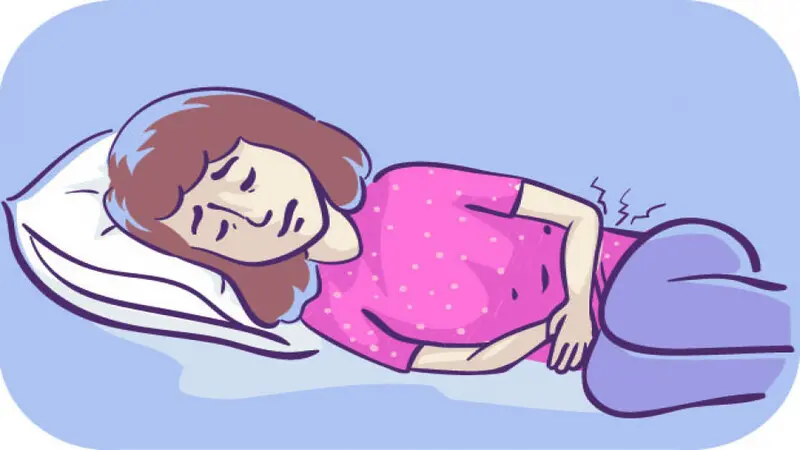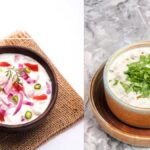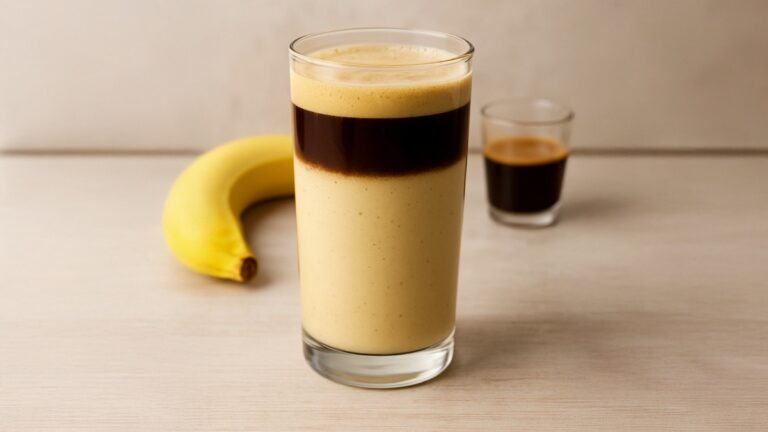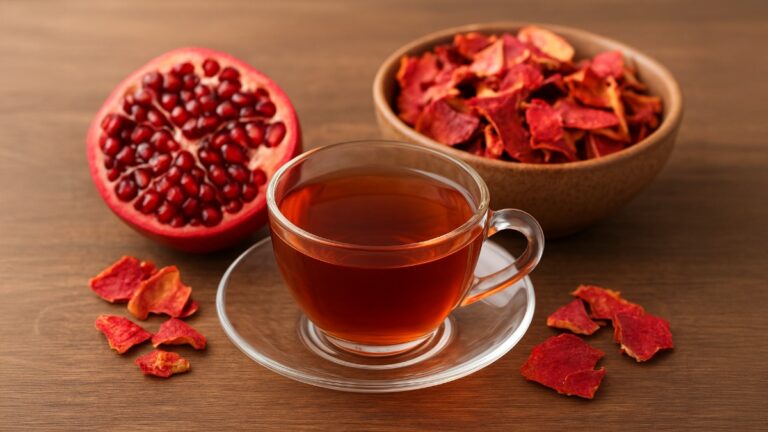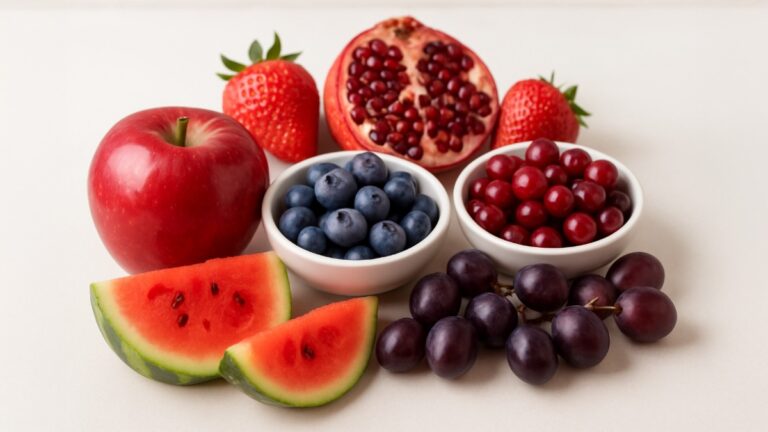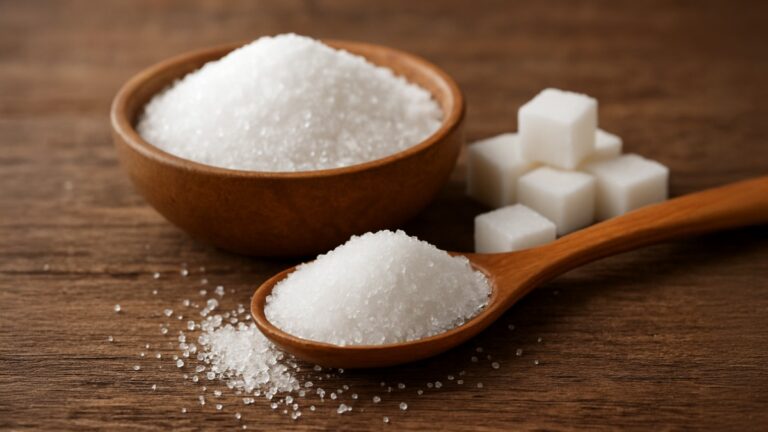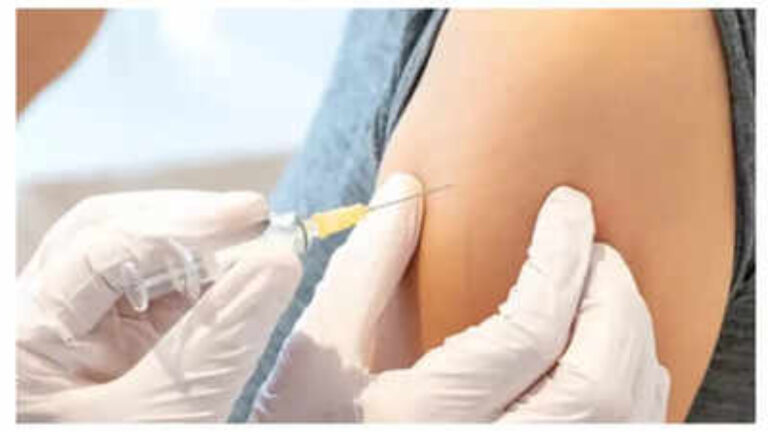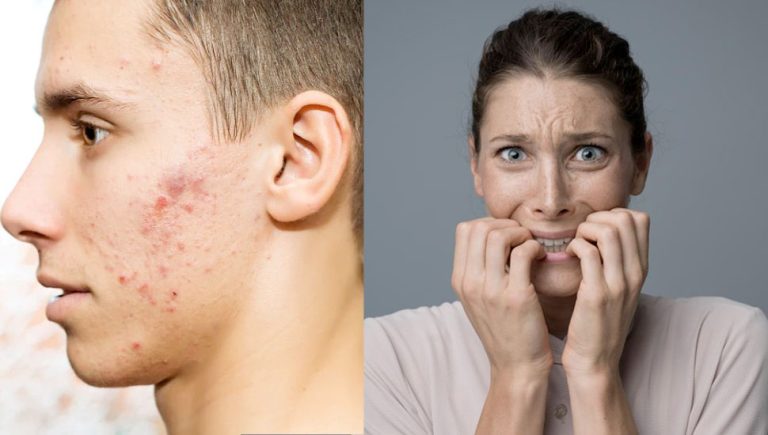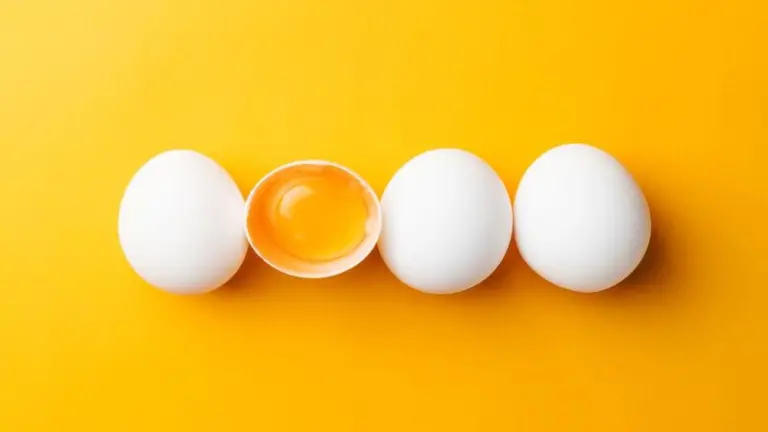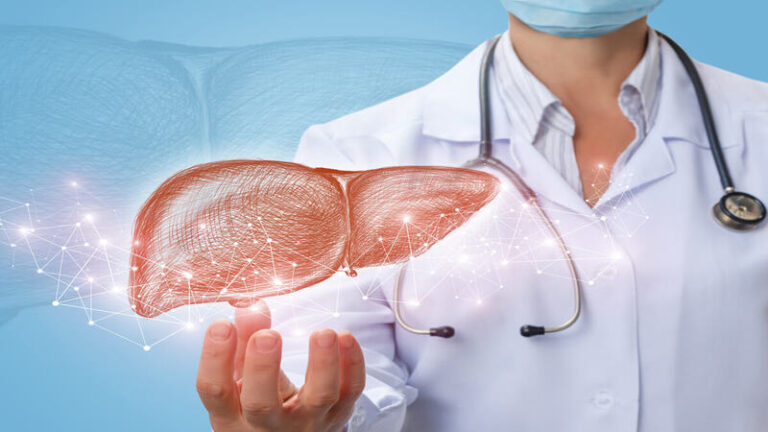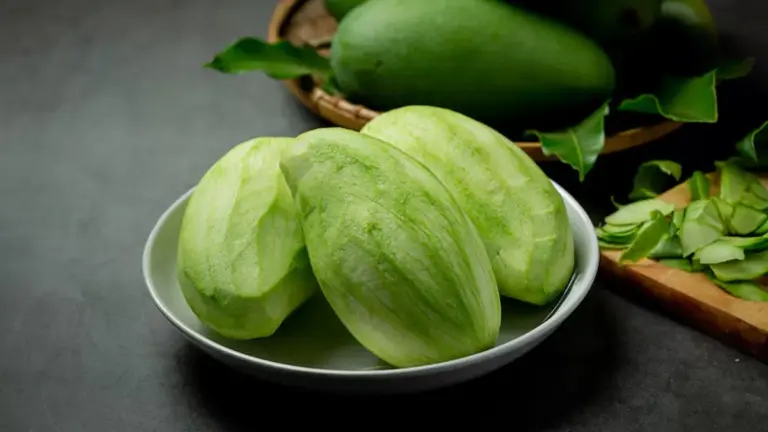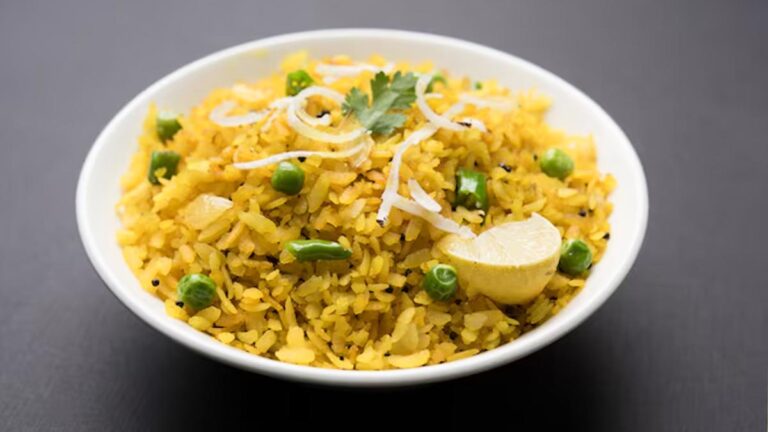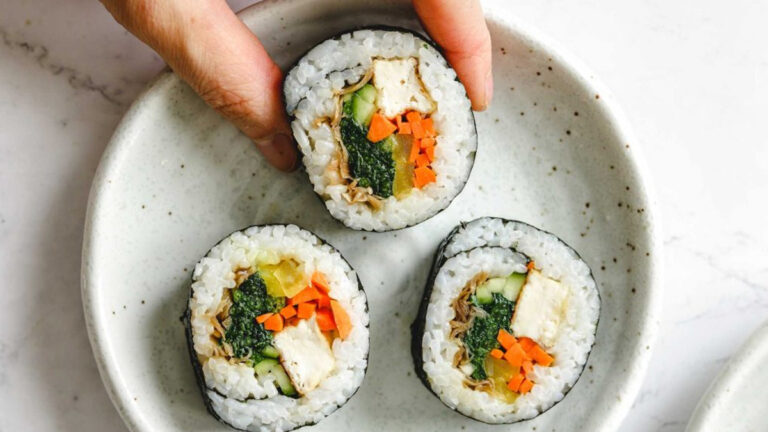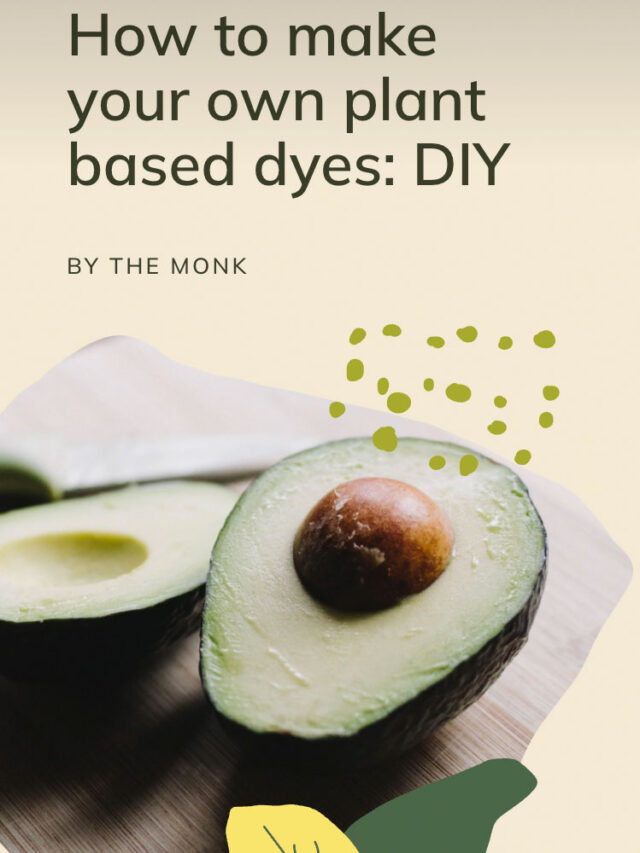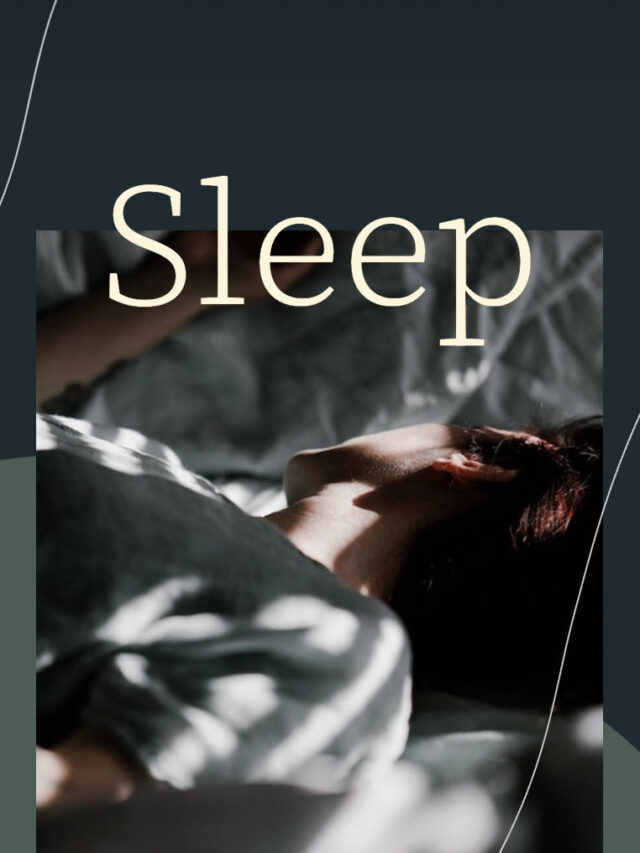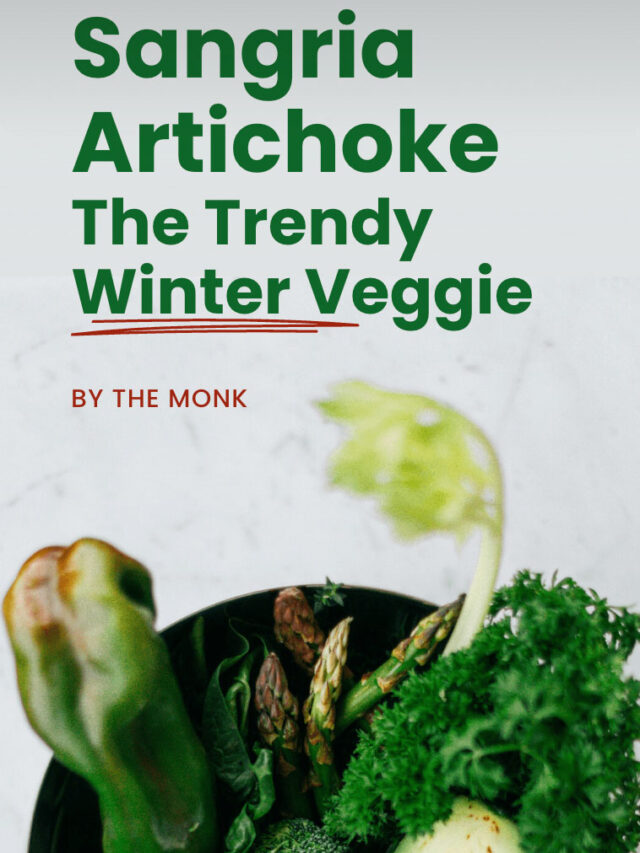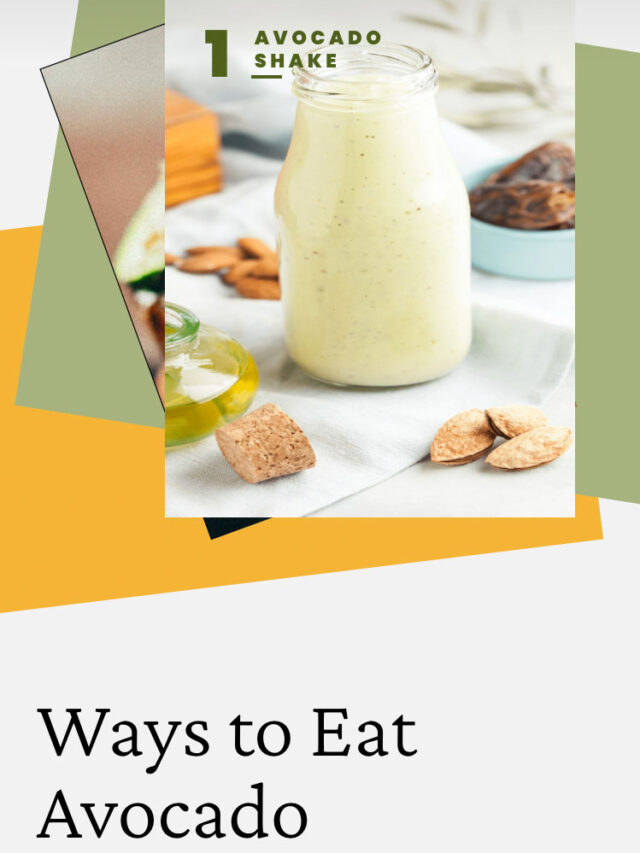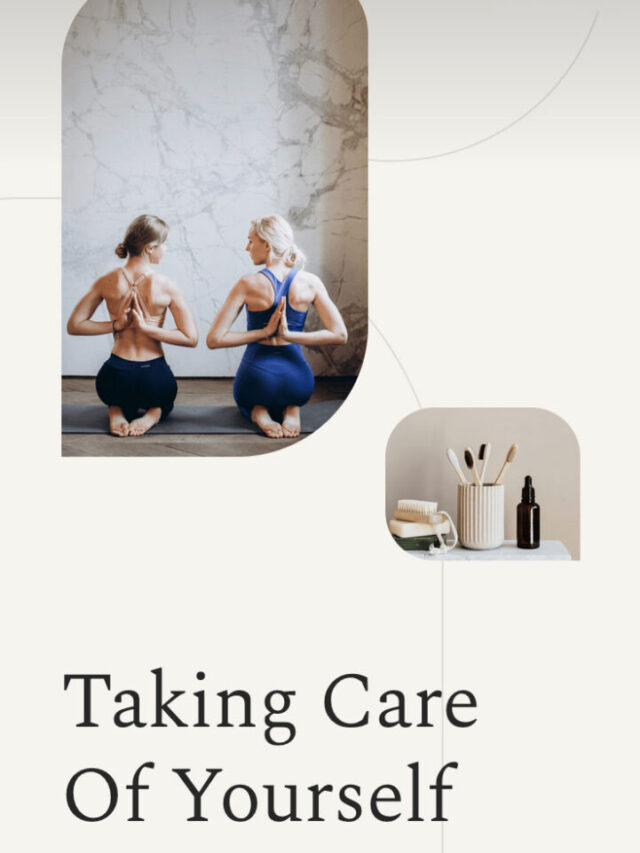Period cramps, also known as dysmenorrhea, can be a distressing and uncomfortable experience for many individuals during menstruation. However, there are various methods and remedies that can provide relief from period cramps. It’s important to note that every individual is unique, and different remedies may work better for different people. It is always recommended to consult with a healthcare professional for personalized advice.
In this article, we will explore several effective strategies for managing and alleviating period cramps
Heat Therapy for period cramps
Applying heat to the lower abdomen can help relax the muscles and provide relief from period cramps. Here are some ways to use heat therapy:
a. Warm Compress: Place a warm compress or heating pad on the lower abdomen for 15-20 minutes at a time. Repeat as needed throughout the day.
b. Warm Bath: Taking a warm bath can help soothe the muscles and provide overall relaxation. Add Epsom salts or essential oils like lavender for additional benefits.
c. Hot Water Bottle: Use a hot water bottle wrapped in a cloth or towel and apply it to the lower abdomen for warmth and comfort.
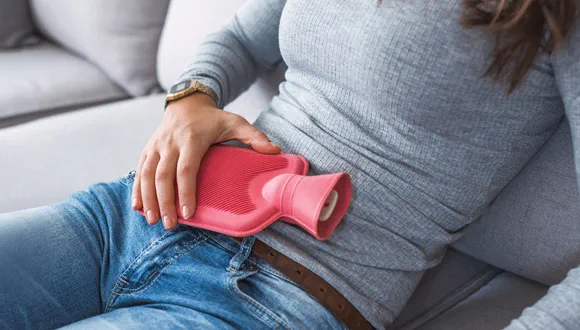
Over-the-Counter Pain Relievers
Nonsteroidal anti-inflammatory drugs (NSAIDs) are commonly used to relieve period cramps. These medications help reduce inflammation and alleviate pain. Examples include ibuprofen, naproxen sodium, and aspirin. It is important to follow the recommended dosage and consult with a healthcare professional, especially if you have any underlying health conditions or are taking other medications.
Herbal Remedies
Certain herbs have been used for centuries to help relieve menstrual cramps. While scientific evidence may be limited, some individuals find them helpful. Here are a few commonly used herbal remedies:
a. Ginger: Ginger has anti-inflammatory properties and can help reduce pain. It can be consumed as ginger tea or added to meals.
b. Chamomile: Chamomile tea is known for its calming and soothing properties, which can help relax the muscles and alleviate cramps.
c. Cinnamon: Cinnamon has been traditionally used to ease menstrual discomfort. It can be added to warm beverages or sprinkled on food.
d. Peppermint: Peppermint tea or oil can provide relief from muscle spasms and reduce pain associated with period cramps.
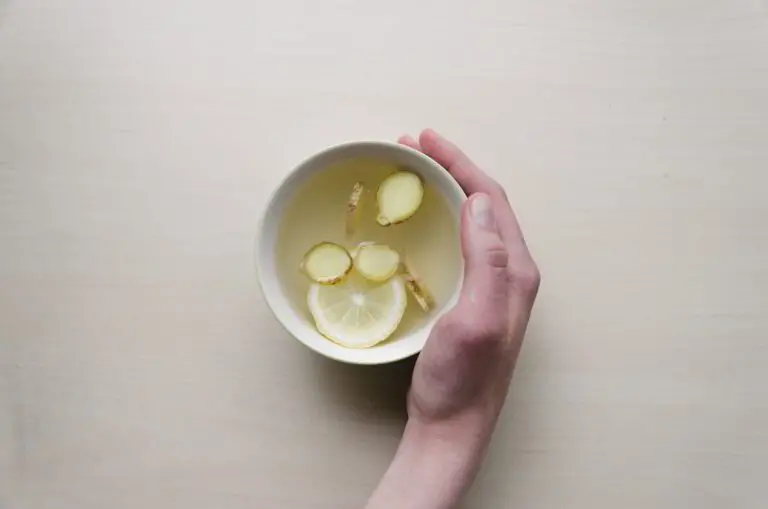
Exercise and Physical Activity
Engaging in regular exercise and physical activity can help reduce period cramps. Exercise releases endorphins, which are natural painkillers and mood boosters. Here are some activities to consider:
a. Cardiovascular Exercises: Engage in moderate-intensity aerobic exercises like brisk walking, jogging, cycling, or swimming. These activities increase blood flow and promote overall well-being.
b. Yoga: Practicing gentle yoga poses can help stretch and relax the muscles, providing relief from cramps. Focus on poses that target the lower abdomen, such as child’s pose, cobra pose, or the reclining bound angle pose.
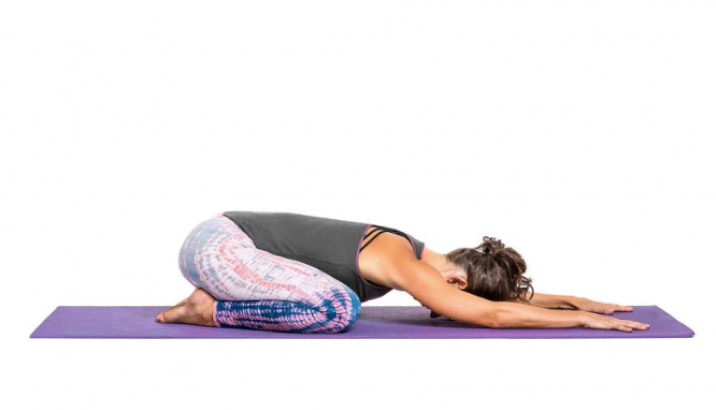
c. Stretching: Incorporate stretching exercises into your routine to alleviate tension and improve blood circulation. Stretching the lower back, hips, and pelvic area can be particularly beneficial.
Dietary Changes
Making certain dietary adjustments may help alleviate period cramps. Here are some tips:
a. Increase Hydration: Drink plenty of water throughout the day to stay hydrated and reduce bloating.
b. Balanced Diet: Consume a well-balanced diet rich in fruits, vegetables, whole grains, and lean proteins. Incorporate foods high in magnesium, calcium, and vitamin E, as these nutrients may help reduce menstrual pain. Examples include leafy greens, almonds, salmon, and fortified cereals.
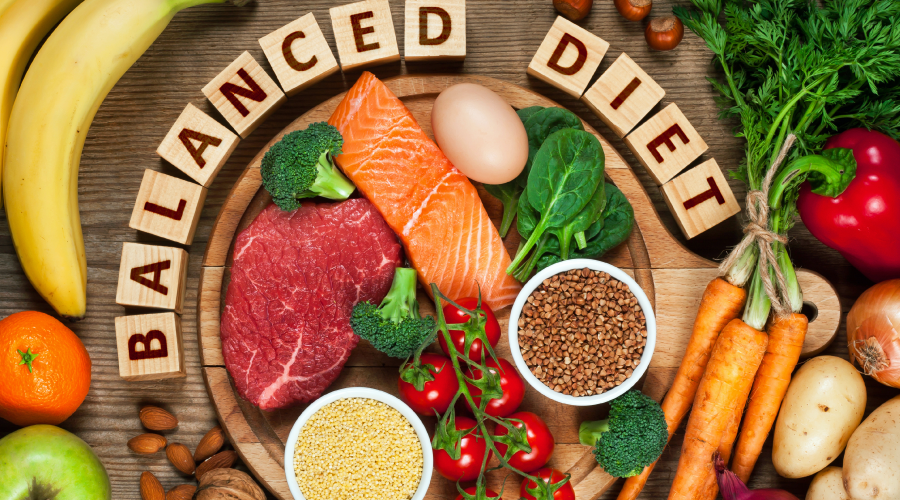
c. Reduce Salt and Sugar Intake: Excessive salt and sugar consumption can contribute to bloating and water retention, exacerbating period cramps. Limit your intake of processed foods, snacks, and sugary drinks.
d. Herbal Teas: Certain herbal teas, such as chamomile, peppermint, or raspberry leaf tea, can help relax the muscles and alleviate cramps.
Stress Management to prevent period cramps
Stress can worsen menstrual symptoms, including cramps. Incorporating stress management techniques can help promote relaxation and reduce discomfort. Consider the following practices:
a. Meditation and Deep Breathing: Practice deep breathing exercises and meditation techniques to promote relaxation and relieve stress.
b. Mindfulness: Engage in activities that promote mindfulness, such as yoga, tai chi, or spending time in nature. Focus on the present moment and cultivate a sense of calm.
c. Stress-Reducing Activities: Engage in activities that help you unwind and relax, such as reading, listening to music, taking a bath, or spending time with loved ones.
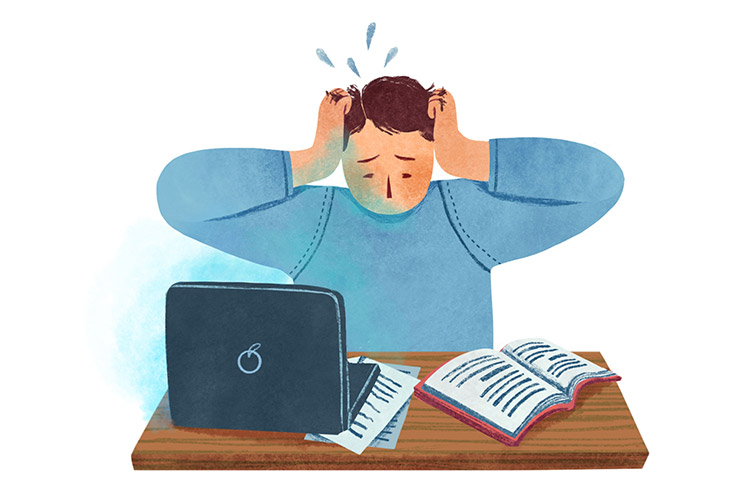
Alternative Therapies
Several alternative therapies may provide relief from period cramps. While scientific evidence may vary, some individuals find them helpful. Here are a few options:
a. Acupuncture: Acupuncture involves the insertion of thin needles into specific points of the body to promote pain relief and relaxation.
b. Transcutaneous Electrical Nerve Stimulation (TENS): TENS involves the use of low-voltage electrical currents applied to specific areas of the body to alleviate pain.
c. Massage: Gentle abdominal massage using circular motions can help relax the muscles and reduce cramps.
Birth Control Options
For individuals experiencing severe or debilitating period cramps, hormonal birth control methods may be considered. Birth control pills, patches, or hormonal intrauterine devices (IUDs) can help regulate hormonal fluctuations and reduce the intensity of menstrual cramps. It is important to consult with a healthcare professional to discuss the most suitable options based on individual needs and medical history.
Seeking Medical Advice
If period cramps are severe, persistent, or significantly impact your daily life, it is important to seek medical advice. A healthcare professional can evaluate your symptoms, rule out any underlying conditions, and provide appropriate treatment options.
In conclusion, period cramps can be effectively managed with a combination of self-care strategies, lifestyle adjustments, and, if necessary, medical interventions. By incorporating these methods into your routine, you can find relief from period cramps and improve your overall well-being during menstruation. Remember, every individual is different, so it may take some trial and error to find the most effective remedies for your specific needs.
(Disclaimer: The information given here is based on home remedies and general information. Before adopting it, definitely take medical advice. THE MONK does not endorse it.)

